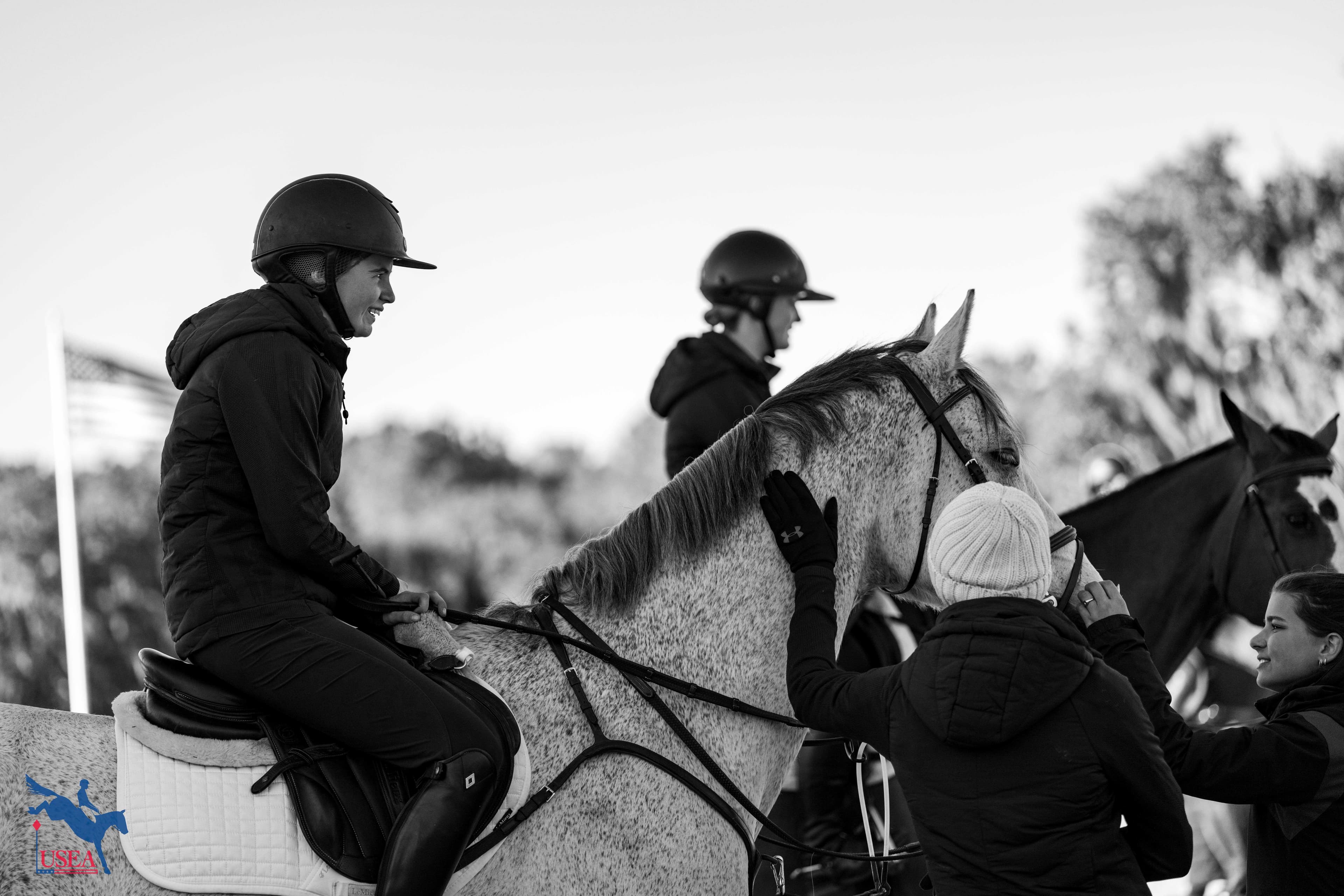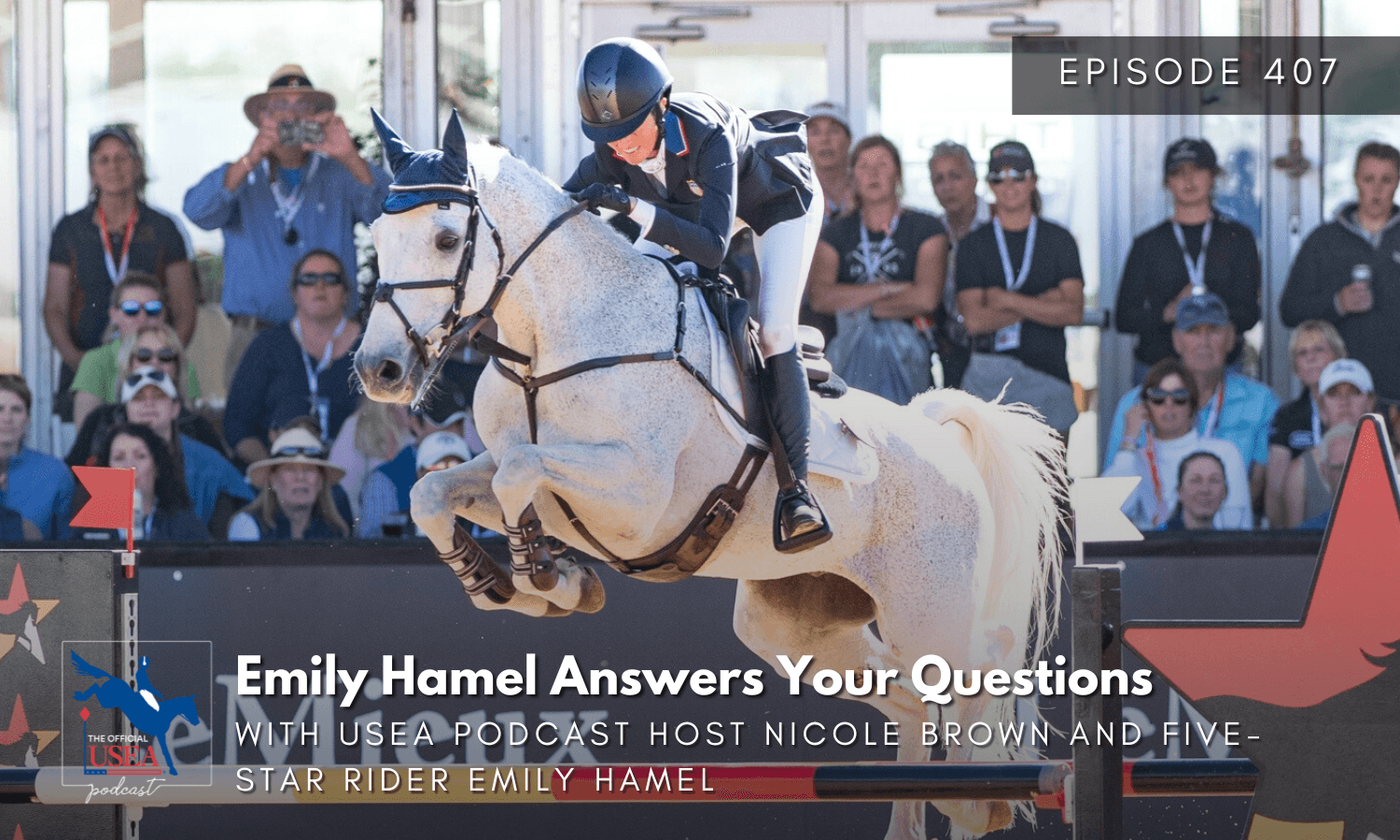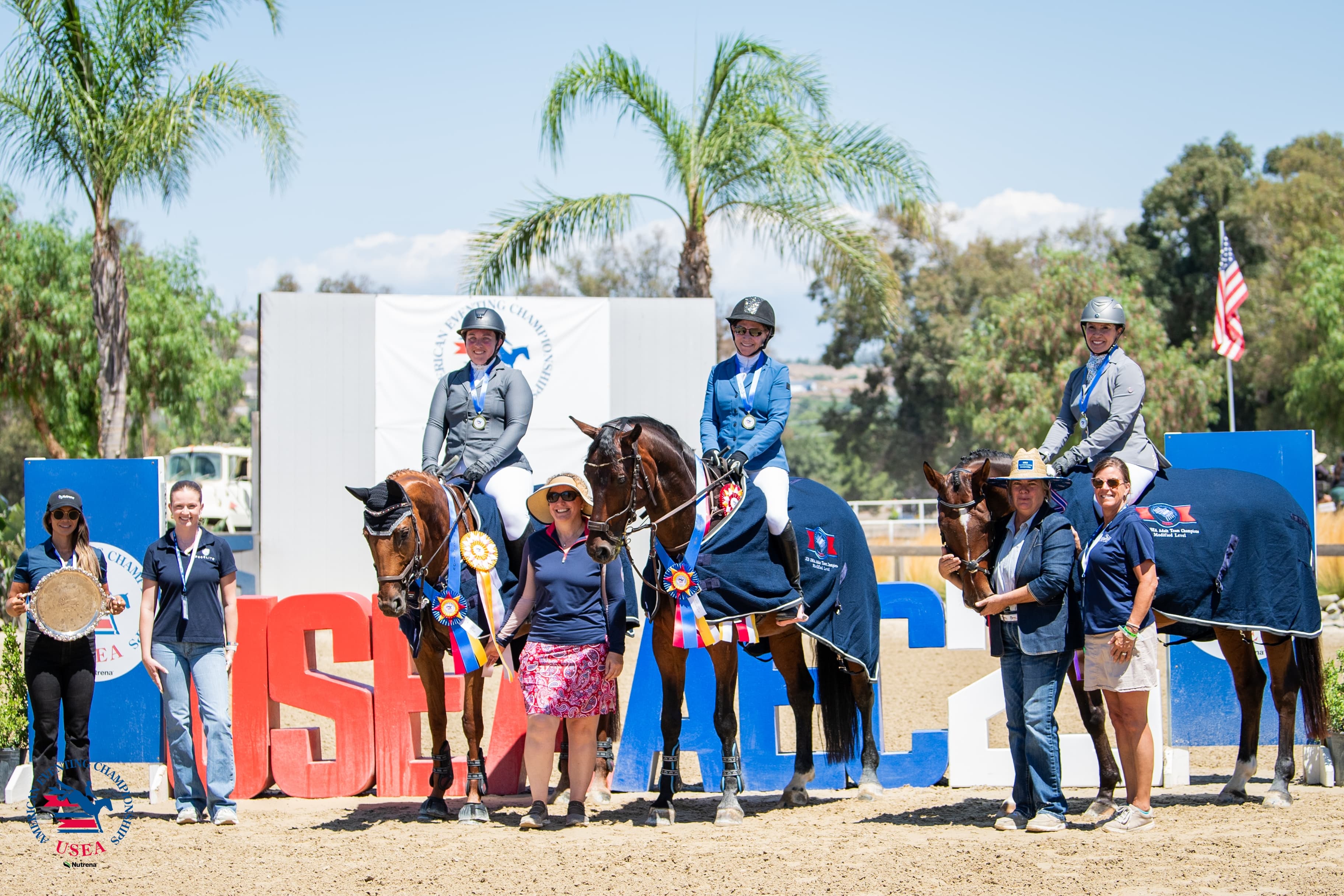Equine Medical Research Final Report: Working Toward a Genetic Test for Heart Arrhythmias

RESULTS: Researchers record higher than reported incidence of atrial fibrillation in Standardbred racehorses.
Morris Animal Foundation-funded researchers from the University of Minnesota are investigating if genetic variants can help identify horses at high risk of developing potentially fatal cardiac arrhythmias. Cardiac arrhythmias are thought to be an important cause of sudden death in horses during exercise. Most horses that develop arrhythmias have no underlying structural heart disease, making it challenging to detect animals that may succumb to the condition.
Studies in human athletes with arrhythmias, but with no underlying structural heart disease, show the condition is almost exclusively caused by genetic variants. Building on this knowledge, researchers identified 36 variants in a small number of Standardbred racehorses with atrial fibrillation (an irregular heart rhythm). These variants are in genes known to cause arrhythmias in people. The team is testing if these variants are associated with arrhythmias in a larger group of Standardbred racehorses.
Early data showed that 2% of Standardbred racehorses in the study had an arrhythmia (second degree atrioventricular block or intermittent sinoatrial arrest) at rest that is considered normal in fit and healthy horses. About 5% of racehorses also had a history of or were in atrial fibrillation, which is the most common arrhythmia known to negatively affect performance. This is higher than the previously reported frequency of atrial fibrillation (0.14%) in racing Standardbreds.
DNA analysis of samples is ongoing to determine which variants are associated with cardiac arrhythmias including atrial fibrillation. If successful, the team will use this information to develop genetic tests that will become part of screening protocols to help with early identification of horses at increased risk of developing arrhythmias, with the goal of reducing sudden cardiac death in horses. Increased monitoring of horses at high risk of sudden cardiac death will improve our understanding about why certain horses die unexpectedly during and after exercise and may lead to strategies to prevent sudden cardiac death in racehorses.
Thank you, United States Eventing Association, for your generous sponsorship of this study!















